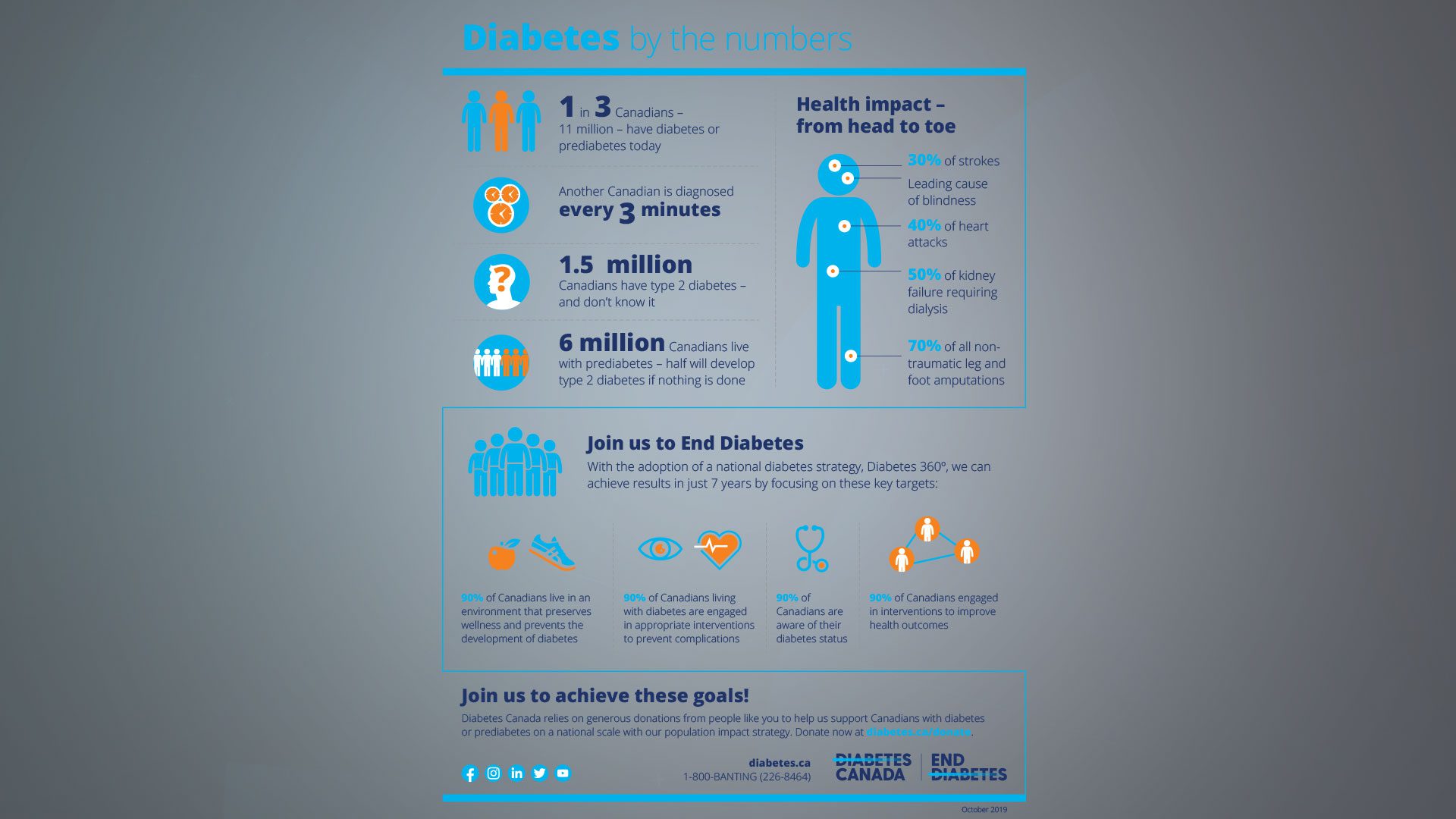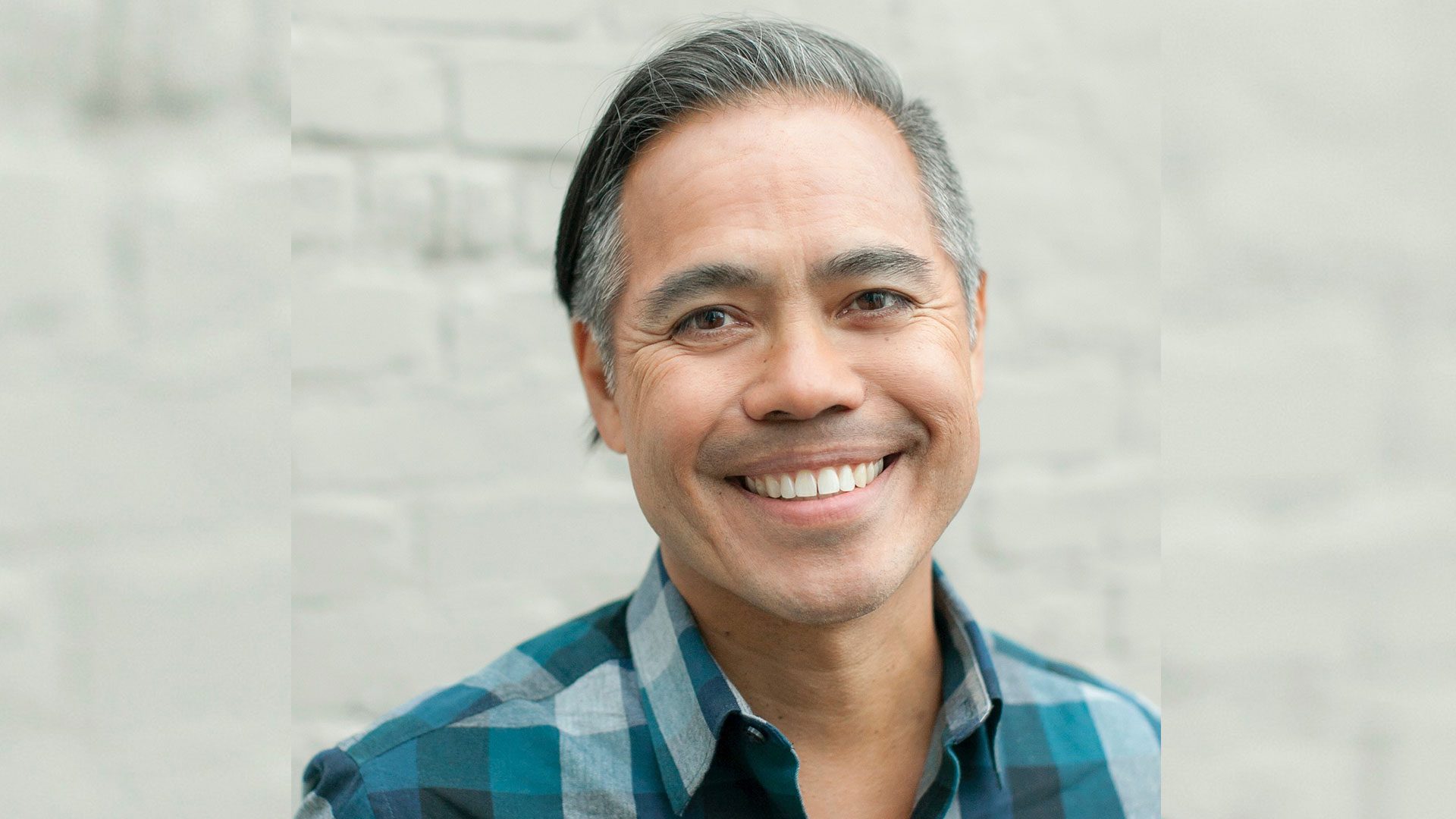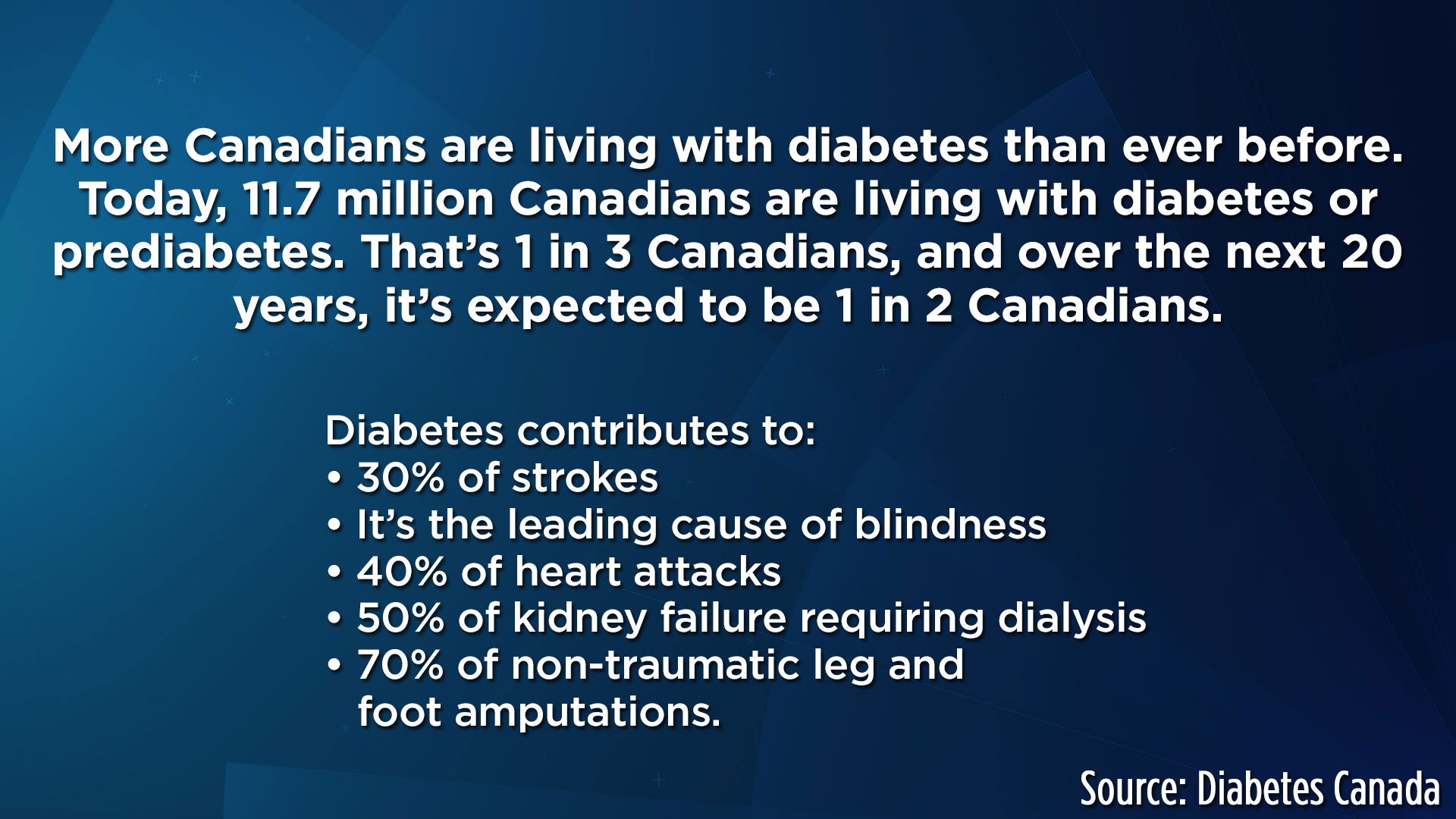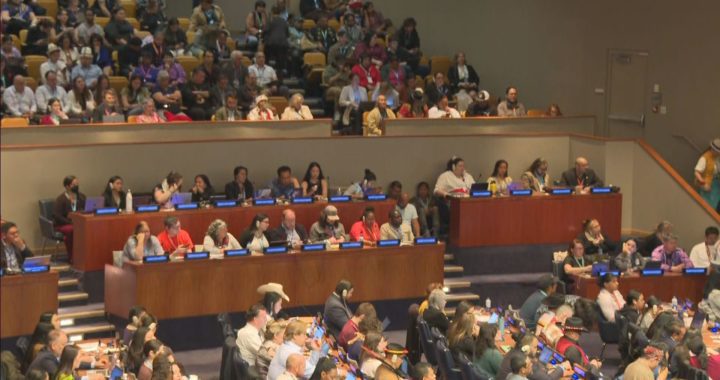
Scientist Seema Nagpal says adults living with diabetes are more likely to have serious complications, go into hospital and even die from COVID-19 than adults without diabetes. Photo: Supplied
People with underlying health conditions are being warned throughout the pandemic they are more likely to suffer severe symptoms and complications if they catch the virus that causes COVID-19.
One of those chronic conditions is diabetes, which is considered to be at an epidemic level among Indigenous Peoples.
“It is a big concern,” said Seema Nagpal, the vice president of science and policy for Diabetes Canada.
“People with diabetes not only have to manage their own disease and consider the potential consequences of diabetes, but now…seriously have to consider the implications of contracting COVID.”
Diabetes Canada estimates eight in 10 First Nations people and five in 10 non-First Nations people will develop diabetes.
That rate is lower among Métis and Inuit peoples but still higher than in the general population.

The Assembly of First Nations, which has declared diabetes a priority issue, did not provide anyone for an interview.
There was also no response from the First Nations COVID-19 Pandemic Response Co-ordination Team in Manitoba, which has said First Nations people make up one in four COVID patients in Manitoba hospitals despite representing only 12 per cent of the population.
In an interview, Nagpal said Diabetes Canada and public health have upped their efforts to warn people living with chronic conditions about the potential consequences of contracting COVID-19.
It doesn’t mean they are more likely to contract the virus, Nagpal stressed, but it means they will get sicker when they do.
Older people, in particular, are at risk, she said.

Dr. Evan Adams, deputy chief medical officer for Indigenous Services Canada, feels this urgent issue “has been conveyed to the public.”
He said the risk of serious illness from COVID-19 is likely to be lower if the diabetes is well-managed. That’s why his team emphasizes the importance of vaccination to protect those who are more vulnerable.
He said Indigenous Peoples haven’t been singled out in his team’s public health briefings about the connection between diabetes and the virus “because diabetes is one of hundreds of chronic diseases that we track” and they “don’t want to stigmatize.”
Still, he agreed it would be a good idea because of the high incidence of diabetes among Indigenous Peoples.
“…Now in the middle of a pandemic they’re even more vulnerable. I don’t know that many of them are aware,” the Tla’amin doctor added.

Nagpal reiterated that adults with type 1 or type 2 diabetes are not more likely to contract COVID-19 than adults without diabetes. But they are expected to have a harder time when they get it.
“They’re more likely to have serious symptoms and complications like pneumonia,” she explained.
“And they’re more likely to go to the hospital, they’re more likely to be sicker – and to die – if they are in hospital, compared to those adults without diabetes.”
The effects are different for children, Nagpal said.
“We have not seen that children with diabetes experience COVID more severely than children without diabetes.”
Figures from Diabetes Canada show 11.7 million people are living with diabetes or prediabetes. That’s one in three Canadians, and over the next 20 years, it’s expected to be one in two, it said.









